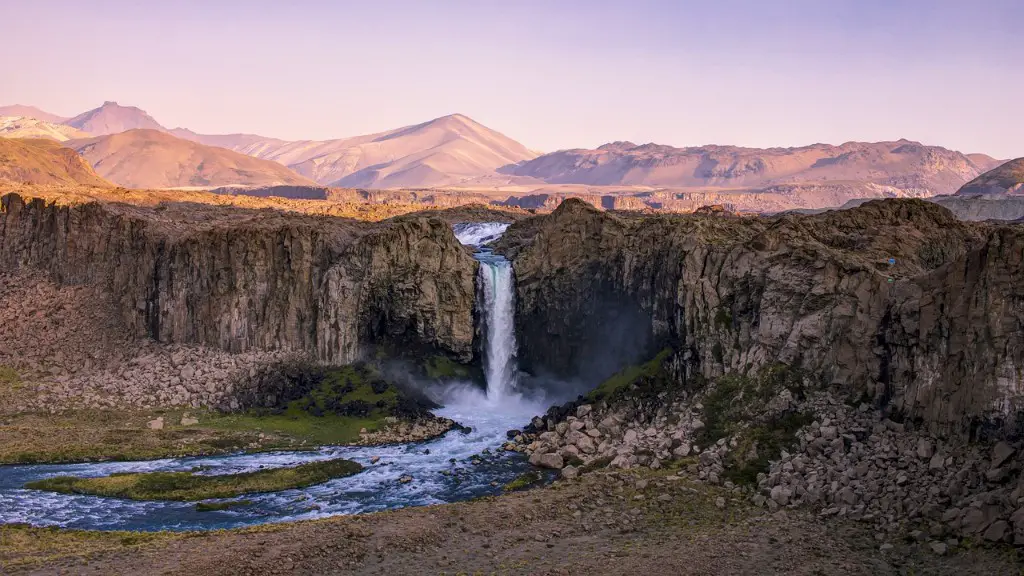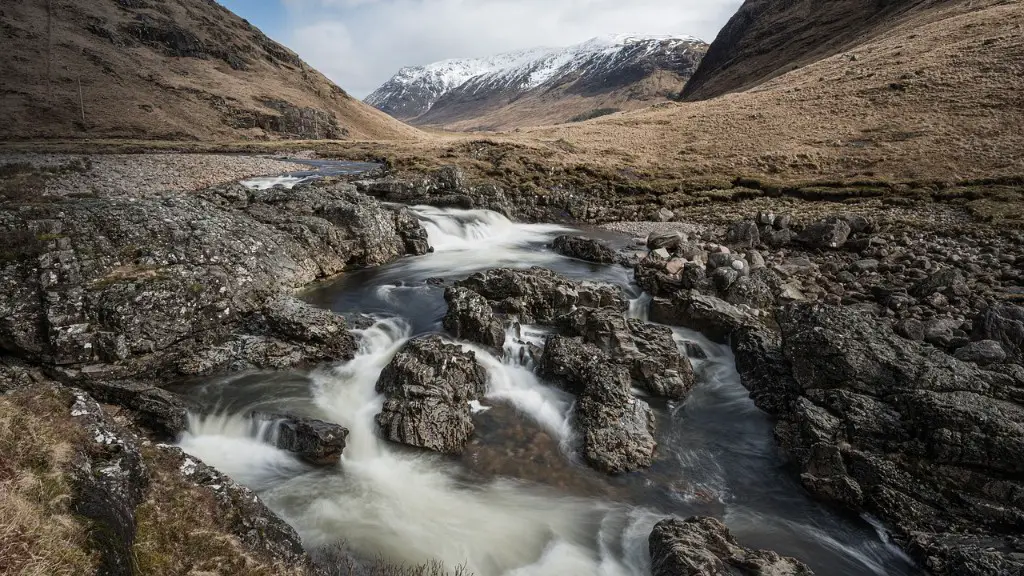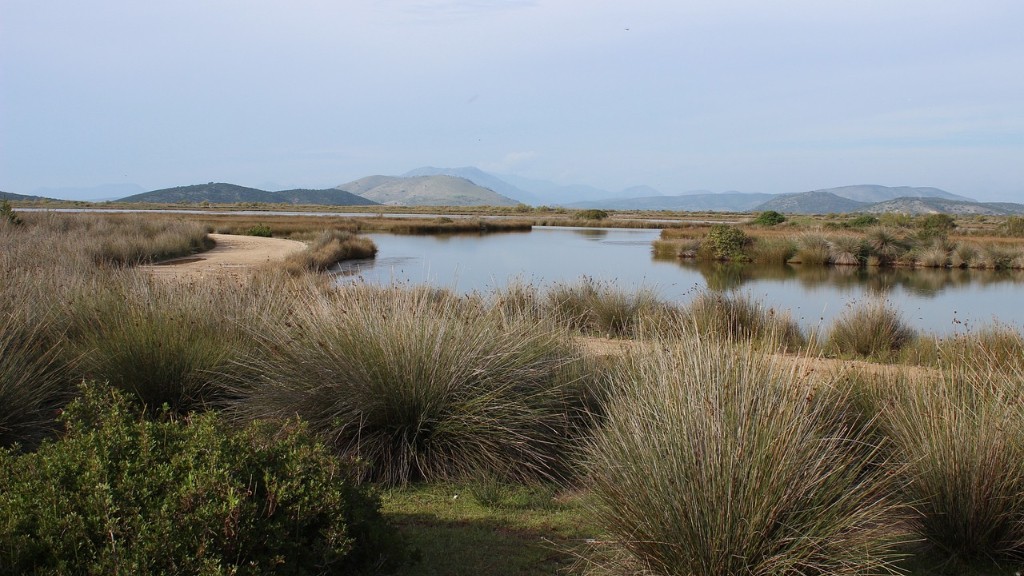Consumption habits
Mississippi is considered one of the most polluted rivers in the United States due to the heavy industrial and urban development surrounding it. For years, questions have been posed about whether or not it is safe to eat fish from this river. Although local consumption of Mississippi River fish is rare, recreational fishermen and anglers often catch fish from these waters.
Nutrient pollution from surrounding cities, agricultural runoff and industrial inputs into the river has resulted in decreased water quality, thus compromising the health of the fish found in these waters. Ingesting these fish can put your health at risk, as high levels of toxic chemicals often accumulate in the muscle tissues of fish. Several studies have also found that fish from this river contain elevated concentrations of metals and other contaminants that cannot be seen or tasted.
Effects of polluted water on fish
Fish that live in and feed off waters of the Mississippi River are exposed to various different pollutants, such as mercury and arsenic. High levels of these toxins can compromise the fish’s health, reducing any nutritional value they may have. It can also affect their reproductive functions, causing mutations, deformities, and death in offspring. It can also lead to decreased fish populations in the river, thereby reducing the availability of fish for local consumption.
Additionally, such pollutants are also linked to health risks in humans who eat contaminated fish. This can manifest in the form of cancer, heart disease, liver and kidney damage and other serious health problems. For this reason, it is advisable to not consume large amounts of contaminated fish over a long period of time, as the danger of harmful health effects could increase.
Risk assessment
Various risks are associated with consuming Mississippi River fish. While it is not recommended that recreational anglers engage in frequent consumption of fish from this river, there are some safety measures that can be taken. It is recommended to adhere to local health advisories and fish consumption notices, as the level of pollutants in the water varies from time to time. Additionally, it is important to follow catch and size restrictions, as smaller fish tend to have lower levels of toxins than larger fish.
In terms of chemicals, it is important to be aware of the type of pollutant present as well as the level of contamination. It has been found that some chemicals, such as mercury, can accumulate in the body and remain for long periods of time. Hence, it is important to limit or avoid the consumption of fish from polluted rivers might contain high levels of such metals and other contaminants.
Nutrition value of fish
Fish is a valuable source of nutrition and can provide benefits such as low levels of saturated fats, high levels of protein, omega-3 fatty acids, and essential minerals and vitamins. However, due to the contamination of Mississippi River fish, researchers suggest not to consume fish from this river. Alternatively, it is also important to note that fish from other sources, such as lakes and ponds, can still be a part of a healthy diet as long as they are checked for any contaminants or pathogens beforehand.
Environmental awareness
The health and wellbeing of people is linked to the health of our environment and the water we consume. Vast amounts of pollutants entering our water sources, such as the Mississippi River, can have a serious and long-lasting effect on surrounding organisms, including humans. It is all the more important to raise awareness about the importance of protecting and preserving our environment.
Steps should be taken to decrease the amount of pollutants and contaminants entering bodies of water such as the Mississippi River. Numerous organisations, such as the Mississippi River Network and the Pesticide Action Network, have undertaken initiatives to improve the water quality of the Mississippi River and other major waterways, by raising public awareness, increasing research and taking policy-based measures.
Implications of fish consumption
Various public health advisories are in place to caution against the consumption of fish from certain bodies of water. It is estimated that, every year, up to eight million people in the United States eat fish caught in recreational fishing activities, such as the ones found in the Mississippi River. However, it is important to acquaint yourself with the risks associated before you make the decision to consume any fish from the river, or any other sources for that matter.
While it is possible to monitor the contaminants found in fish caught from the Mississippi River, it is still advisable to limit or avoid the consumption of such fish. Furthermore, it is important to be aware of the danger posed by consuming contaminated fish, and take steps to reduce the amount of pollutants entering our water bodies.
Fisheries management
While the question remains, can you eat fish from the Mississippi River? It is important to note that although local consumption of Mississippi River fish is relatively low, some anglers do prefer the taste and the array of fish varieties that this river has to offer. In such cases, it is suggested to reach out to local fishing advisories, as they can provide guidance on how to fish safely in this river.
It is also important to take consultations from local fisheries management agencies, as they can provide advice on how and what to fish in order to minimise the risk associated with contaminated fish and observe fish populations. These agencies also provide local advisories that give information on the water quality, as well as advice on sensible fish consumption.
Legislation against water contamination
Governments across the United States are introducing legislation and policies that seek to reduce contamination from both point-source and nonpoint-source pollutants. These may include water regulations consistent with the Clean Water Act, targeted investments and conservation measures for rivers, streams and other water bodies.
The objective of such regulations is to reduce the amount of pollutants entering our waterways, and to ensure that such bodies of water remain a viable source of food and recreation for generations to come. In addition, initiatives such as catch-and-release fishing have helped minimise the risk associated with eating Mississippi River fish, while also protecting aquatic life and promoting the local recreation industry.
Underwater pollutants and their impact
Groundwater pollutants too can pose a threat to aquatic life found in,beds located along the Mississippi River. In particular, chemicalspartof industrial processes and eroded sediments fromcrops canbecome embeddedin the riverbed, thereby increasingthe amount and concentration of harmful chemicals found in the water. These chemicals can threaten aquatic life, as well as the people who consume contaminated fish from this river.
In order to tackle this issue, there is a need to reduce the amount of runoff from agricultural activities and other land-based sources. This can be achieved through various techniques, such as crop rotation, willow fencing, bioreactors, terracing, and conservation tillage among many others. Such measures help reduce runoff and erosion of sediments, thus preventing them from entering our river systems and contaminating fish populations.
Contamination of the Mississippi Delta
The delta of the Mississippi River is one of the most important wetlands and estuaries in the United States, providing habitats for various species of fish, birds, and other wildlife. Unfortunately, this valuable ecosystem is facing a number of threats, including agricultural runoff from the upstream catchment area, which carries a variety of pollutants that can enter the estuary and upset the delicate ecosystem balance.
Furthermore, this area is also prone to coastal flooding, as it is located close to the Gulf of Mexico and is subject to tides. These floods can increase the amount of contaminants entering the estuary, further endangering the area’s biodiversity and the food sources it provides.
Mitigation strategies for river contamination
It is important for governments and conservation bodies to introduce effective policies and regulations to combat water contamination in the Mississippi River and its delta. Nutrient pollution is one of the major sources of such contaminants, and efforts should be made to reduce runoff from agricultural fields by promoting best management practices.
Furthermore, large-scale conservation and restoration efforts should be implemented in the upstream watersheds, as they can help to reduce levels of erosion and sedimentation in the river. In addition, governments should implement robust water quality management programs and invest in communication strategies to raise public awareness about the importance of keeping our rivers, streams and estuaries clean.
Water hydrology and contamination control
It is also important for governments to adopt an integrated water management approach in order to ensure the safety of our water sources. This strategy focuses on managing water resources in order to ensure a sufficient supply of clean, safe water for both humans and livestock.
Unfortunately, unregulated water extraction and pollution from agricultural practices have a direct impact on the hydrology of the Mississippi River and its delta. In this regard, it is important to establish and enforce regulations pertaining to groundwater pumping and pollution control. Additionally, steps should be taken to encourage farmers and other land-owners to adopt Best Management Practices in order to reduce the amount of runoff and contamination entering our water sources.
Conclusion
Mississippi River fish are exposed to various pollutants, such as mercury, arsenic and other hazardous metals. It is important to remember that the health and wellbeing of people is linked to the health of our environment and the water we consume. Therefore, it is important to take the necessary steps to reduce the risk associated with consuming fish from such waters, as well as to raise public awareness



